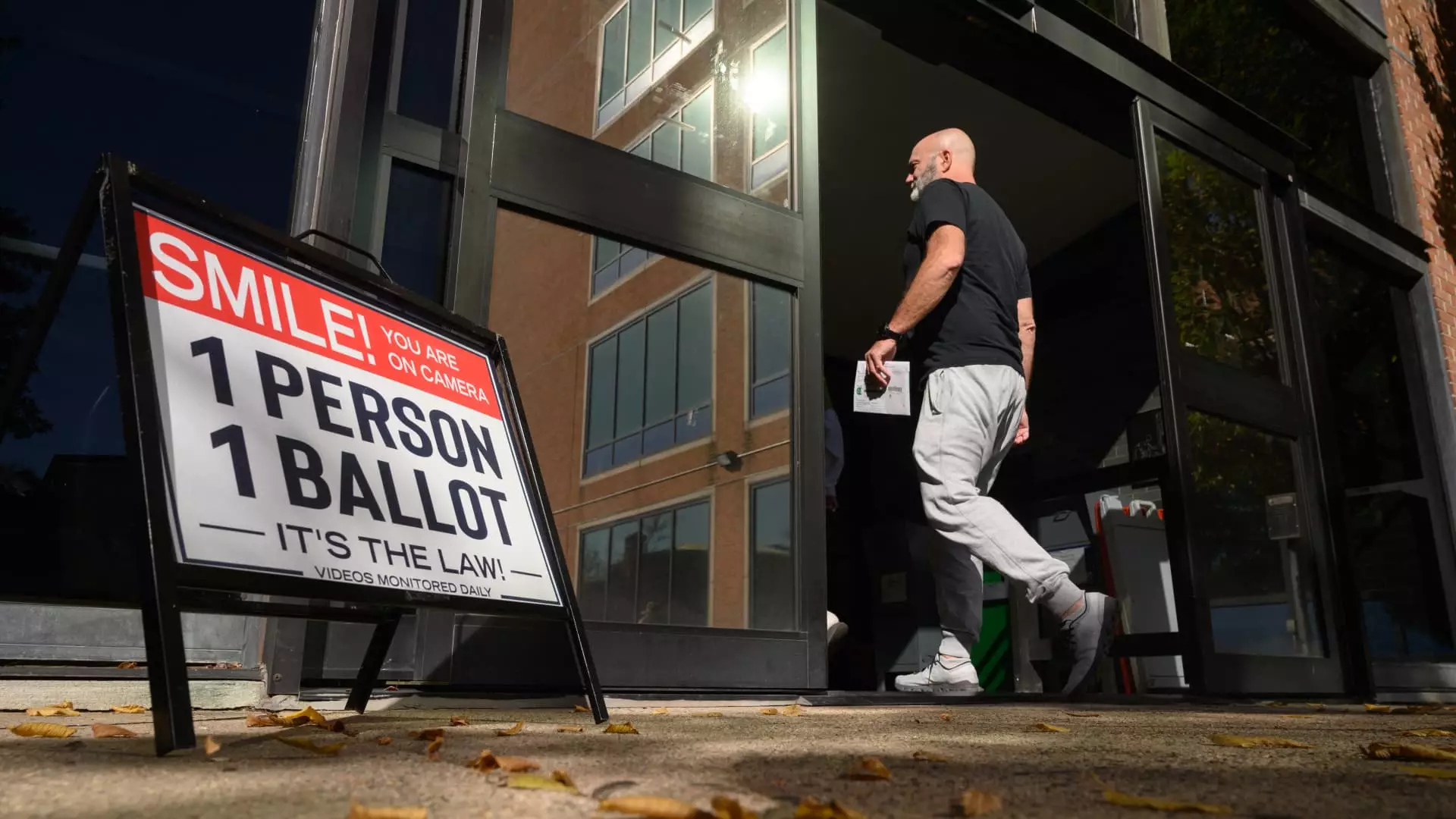In a pivotal move that underscores the ongoing struggle over voting rights and election integrity, the U.S. Supreme Court recently declined to intervene in a dispute concerning mail-in ballots in Pennsylvania. This decision, made amidst the backdrop of an increasingly contentious electoral landscape, has significant implications for the upcoming elections and highlights the varied interpretations of election laws across the country.
The Court’s Ruling and Its Implications
On Friday, the Supreme Court issued a decision that allows Pennsylvania voters whose mail-in ballots had been flagged for defects to submit provisional ballots in person. This ruling came as a direct response to a lower court’s decision, which had allowed such practices under certain circumstances. The justices, with no dissent noted, opted not to pause the Pennsylvania Supreme Court’s previous ruling, bringing into focus the contentious nature of mail-in voting laws, especially in swing states like Pennsylvania.
Justice Samuel Alito, representing a faction of the court known for their conservative views, indicated that while the issue was undeniably important, there were several factors that compelled the court to refrain from taking action at this time. His sentiments were echoed by Justices Clarence Thomas and Neil Gorsuch. Their collective hesitance illustrates a cautious approach to judicial intervention, which often reflects deeper ideological divides regarding the authority of the state versus the rights of individual voters.
While the Supreme Court’s decision does not resolve the underlying legal ambiguities surrounding mail-in voting, it casts a spotlight on the precarious status of election protocols in Pennsylvania. Counties within the state have varied in their administration of voting regulations, which can lead to confusion among voters and potential disenfranchisement, particularly if ballots are deemed defective for technical reasons.
The current legal tussle traces its roots back to two ballots submitted during the Democratic primary in Butler County. The ballots were declared void by election officials due to missing required components, such as secrecy envelopes. While many counties have policies in place that allow voters to correct these issues with provisional ballots, others do not, leading to discrepancies that could have wider implications during future elections.
The Republican Party’s push to reject mail-in ballots outright stems from a strict interpretation of state election laws. They argue that any failure to adhere to the established regulations, including improper dating or missing signatures, should nullify a ballot. This strict framework reflects broader Republican concerns about the integrity of the electoral process, particularly in light of the contentious 2020 elections, marked by unfounded claims of widespread voter fraud.
The litigation began when voters Faith Genser and Frank Matis filed a lawsuit after being informed that their provisional votes would also not be counted. This legal challenge quickly escalated when the Republican National Committee involved itself to argue for stricter adherence to election regulations. Lower courts had ruled in favor of the voters, suggesting that some leniency should be afforded to individuals trying to participate in the electoral process, yet the Republican Party’s appeal to the Supreme Court indicates ongoing tensions over these issues.
As the nation heads into the 2024 election cycle, the stakes are even higher. Conservative lawmakers and organizations are ramping up their scrutiny of mail-in voting practices, reflecting years of accumulating grievances stemming from the 2020 presidential election. Former President Donald Trump remains a prominent voice in these arguments, consistently advocating against mail-in voting and claiming that such measures invite fraud.
Moreover, this case raises profound questions about the balance of power between state legislatures and judicial authority regarding election laws. Previous rulings, including one from the Supreme Court last year, have made it clear that while states have a significant role in setting election rules, there are constitutional limits to how far those regulations can extend. The balance of these powers remains a contentious focal point not only in Pennsylvania but also across the United States.
As legal battles over election laws and voting rights continue to unfold, it is essential to recognize the ramifications of these decisions for the democratic process. The Supreme Court’s recent ruling illustrates a landscape fraught with complexities, where the rights of voters and the strictures of law intersect in often unforeseen ways. With the general election looming, the ongoing debates surrounding mail-in voting will undoubtedly influence voter turnout and electoral dynamics, making it crucial for all stakeholders to remain vigilant as these issues evolve.


Leave a Reply